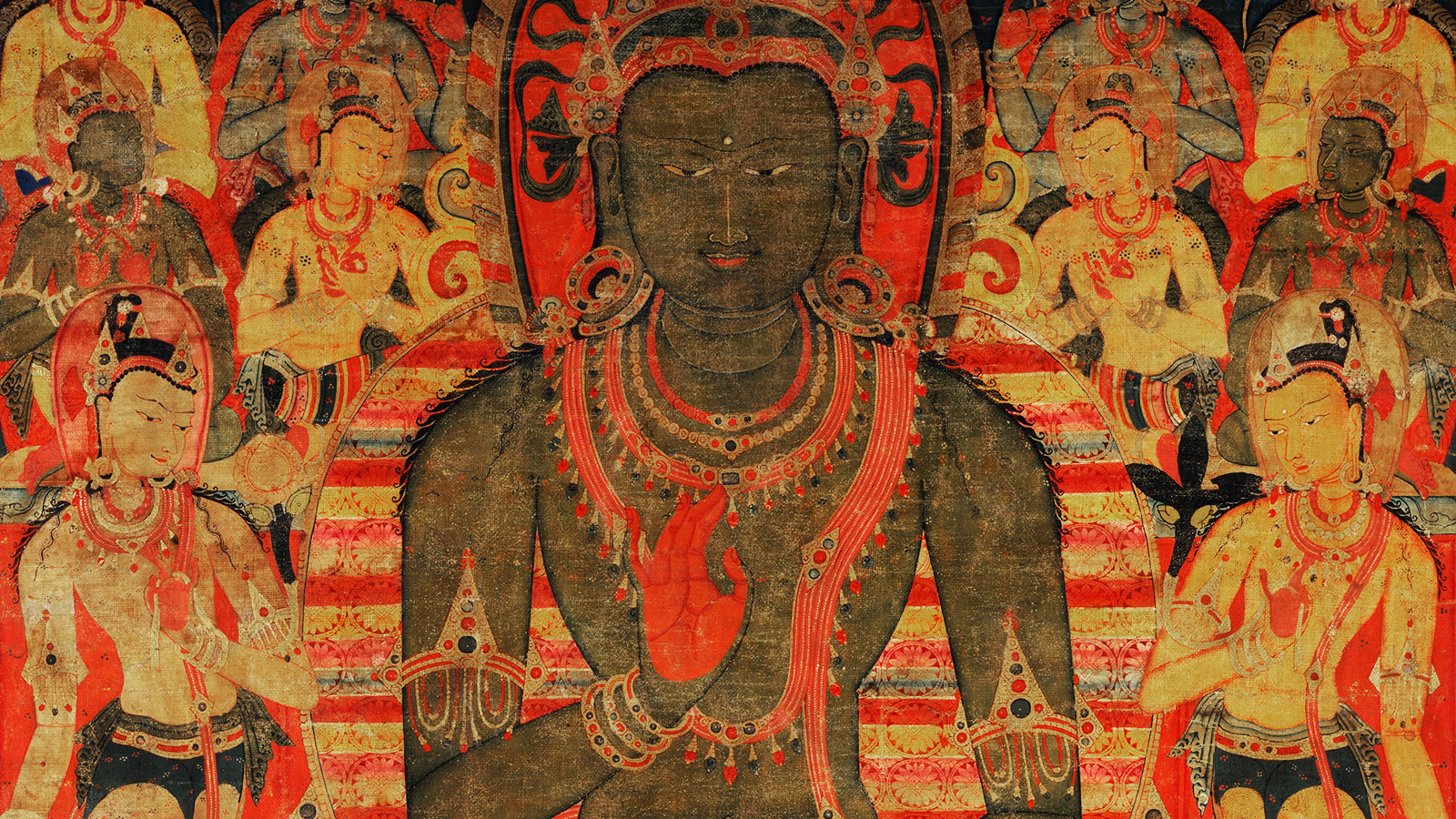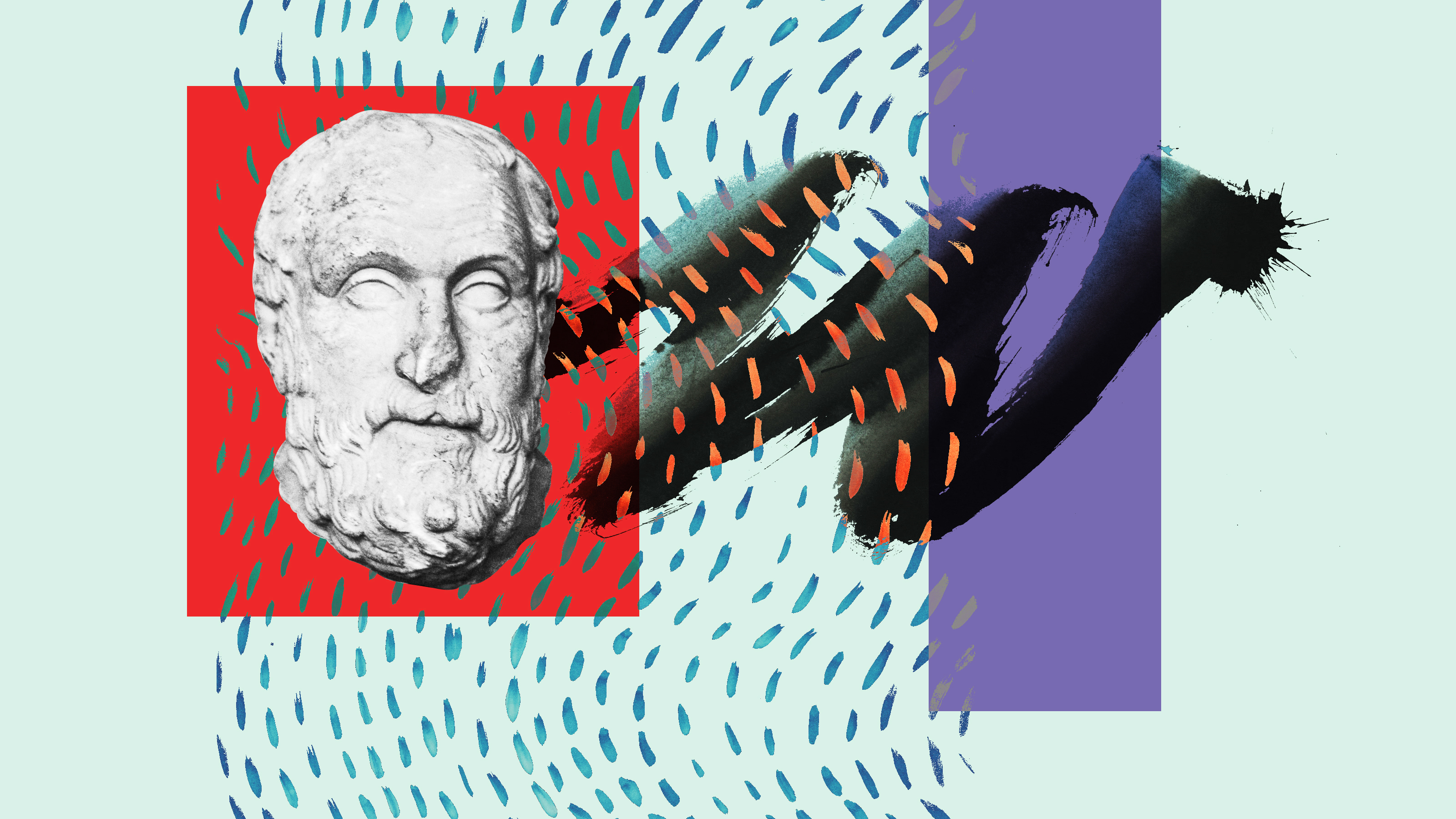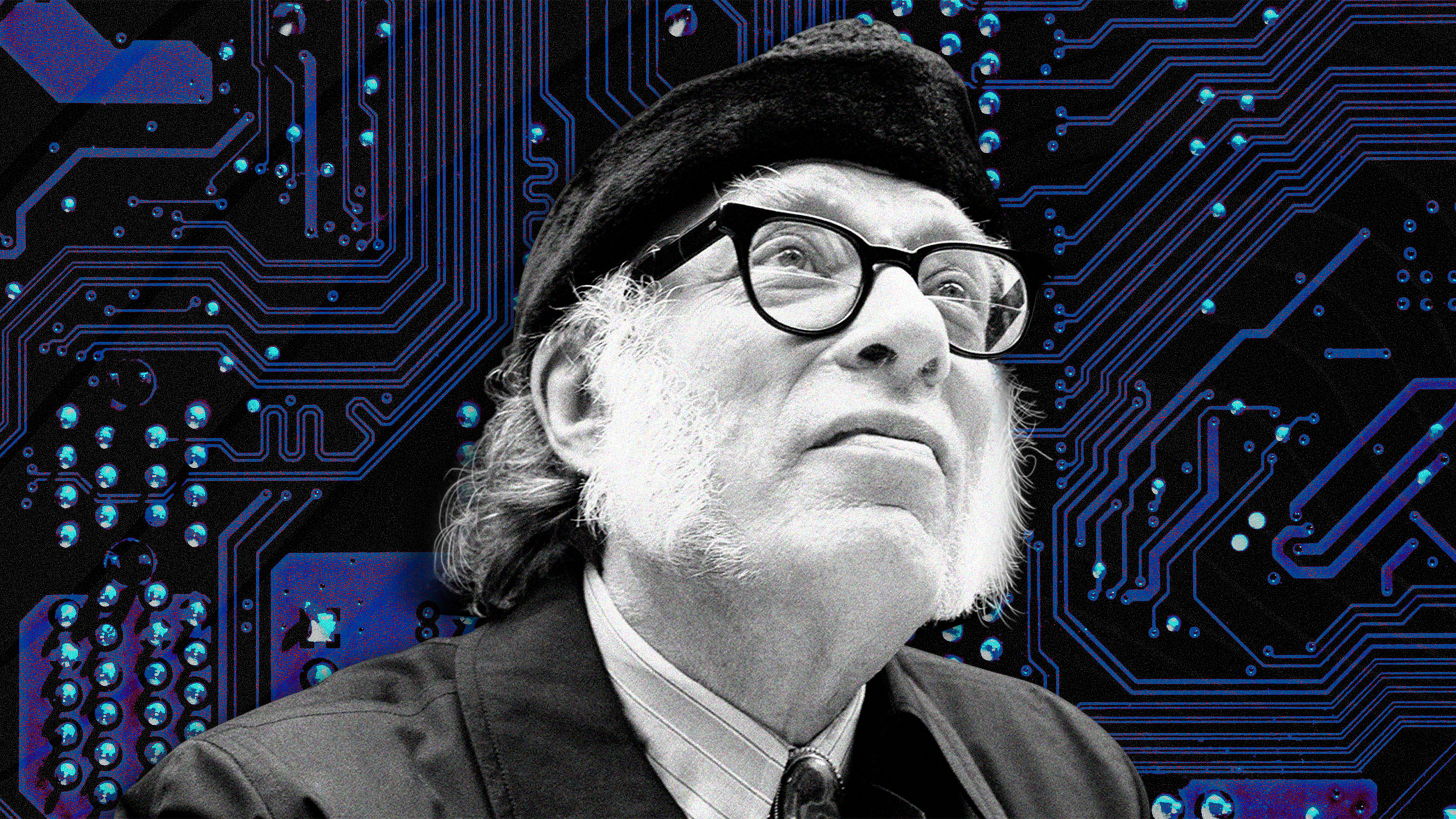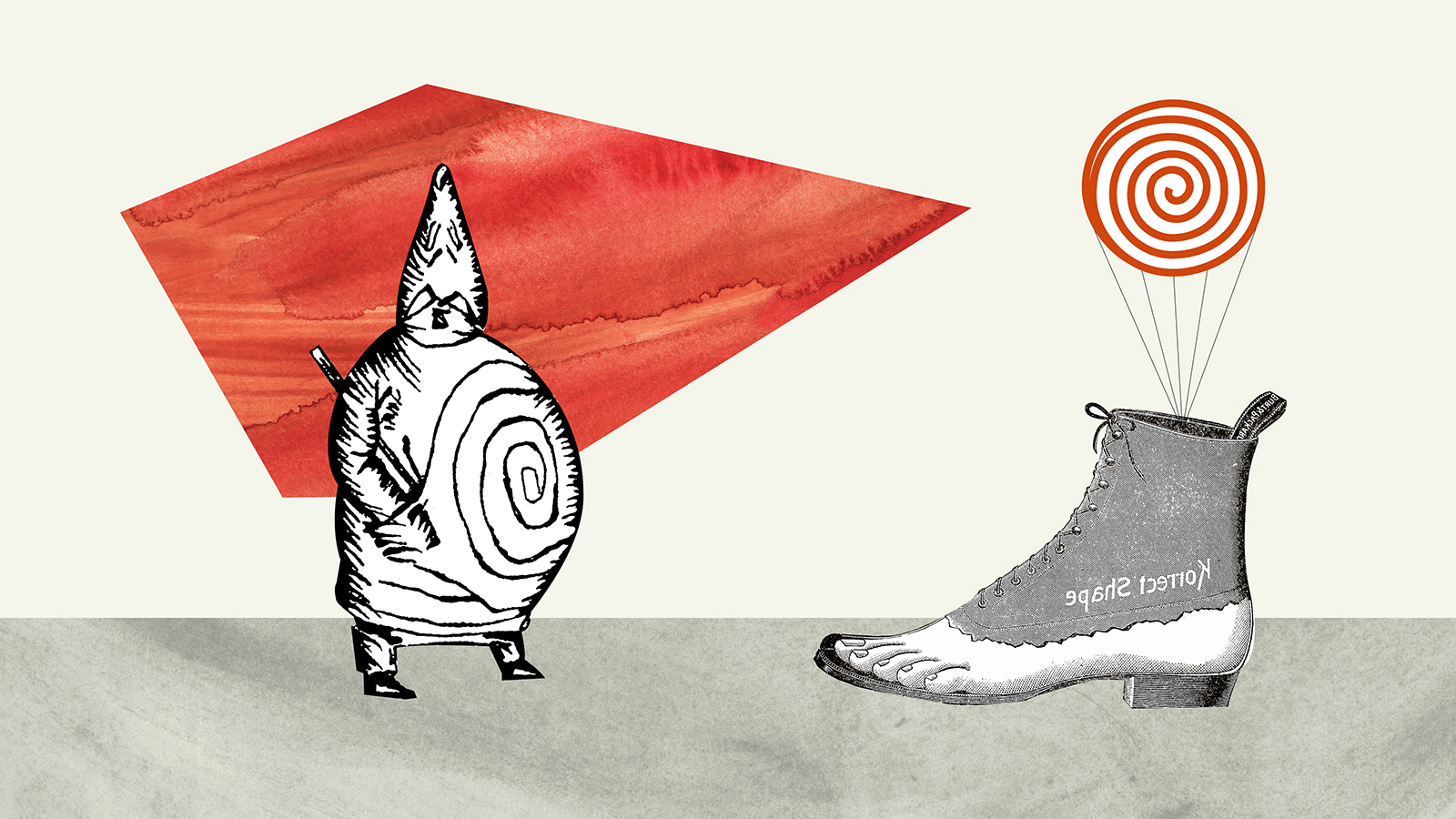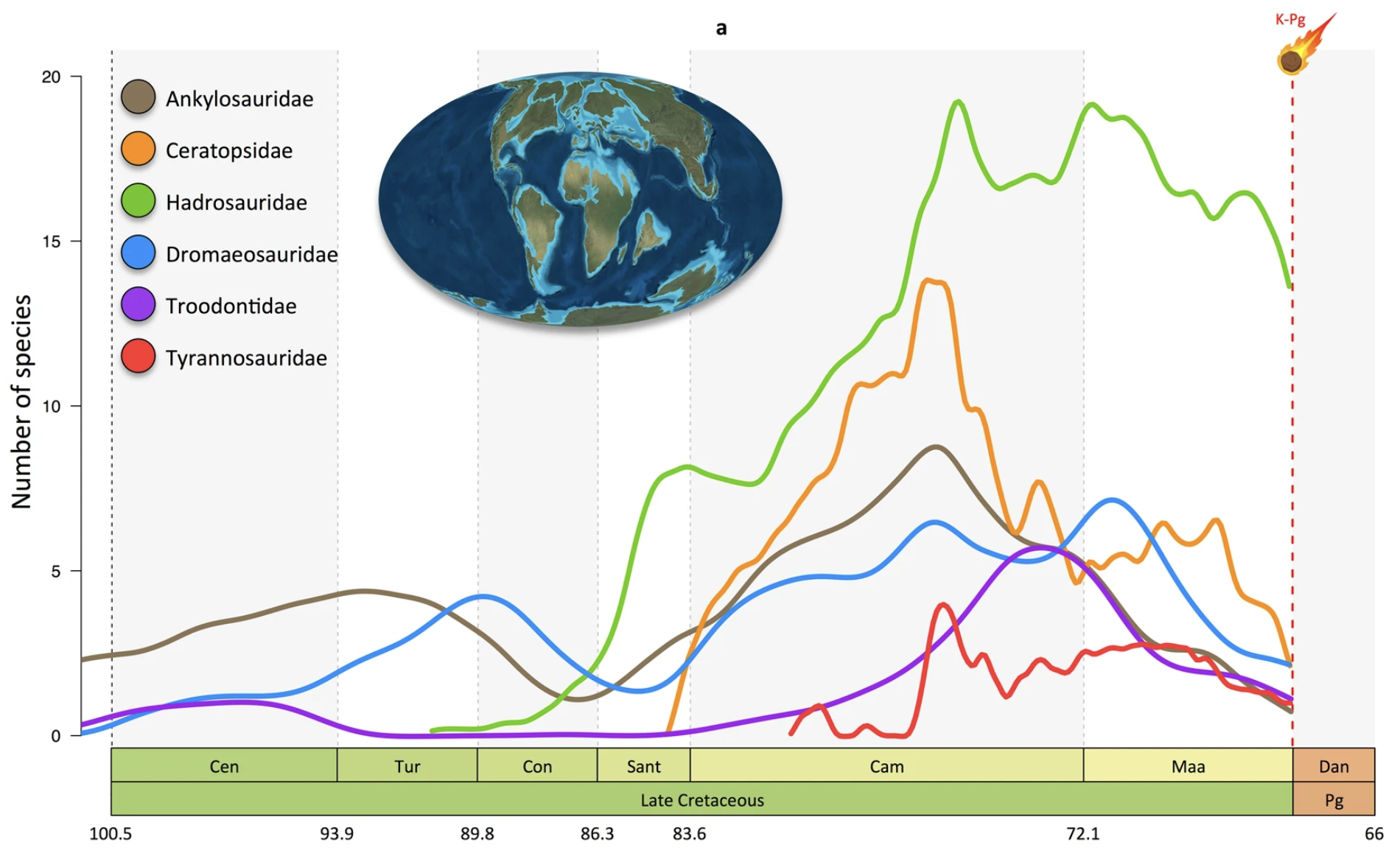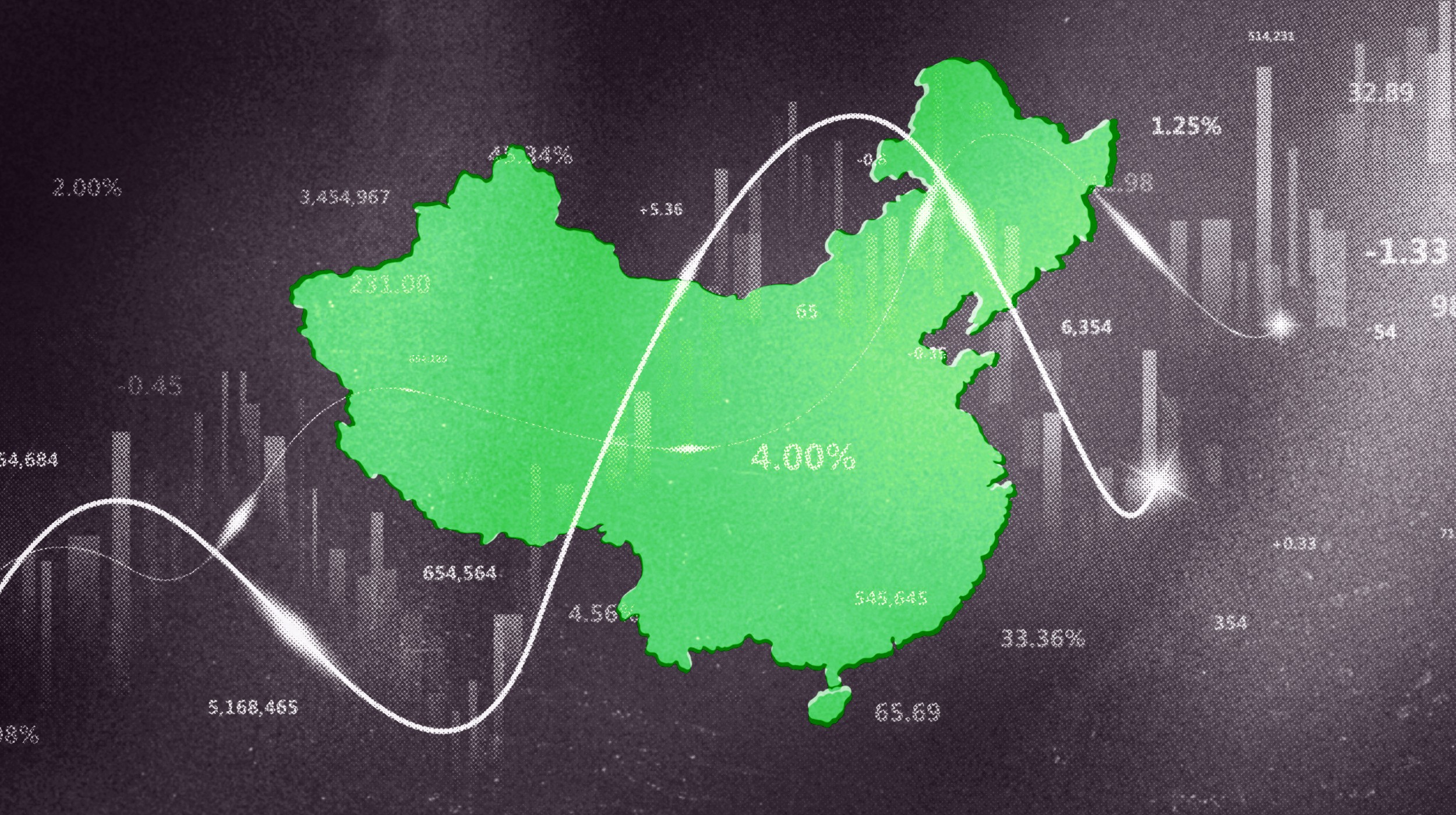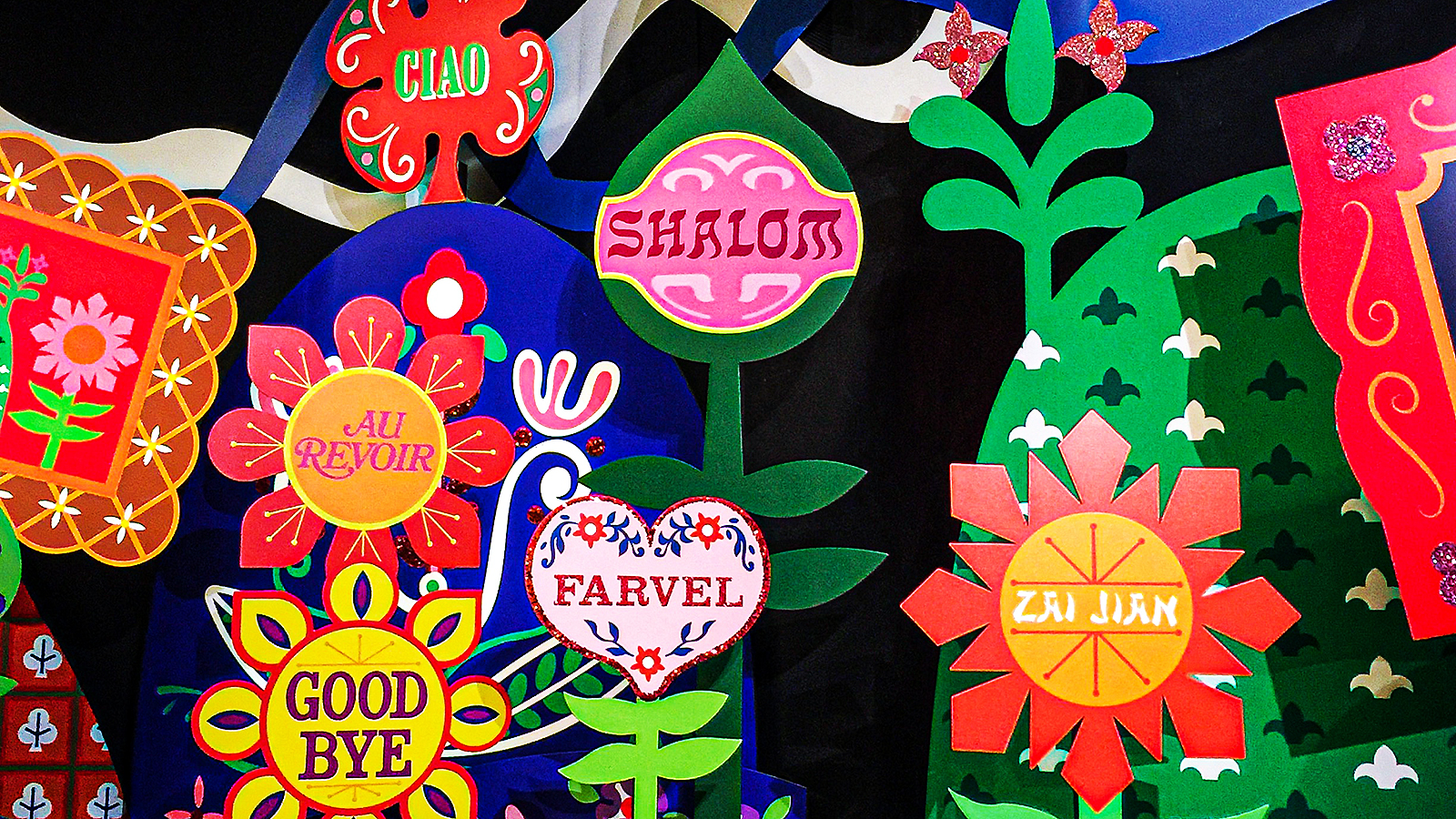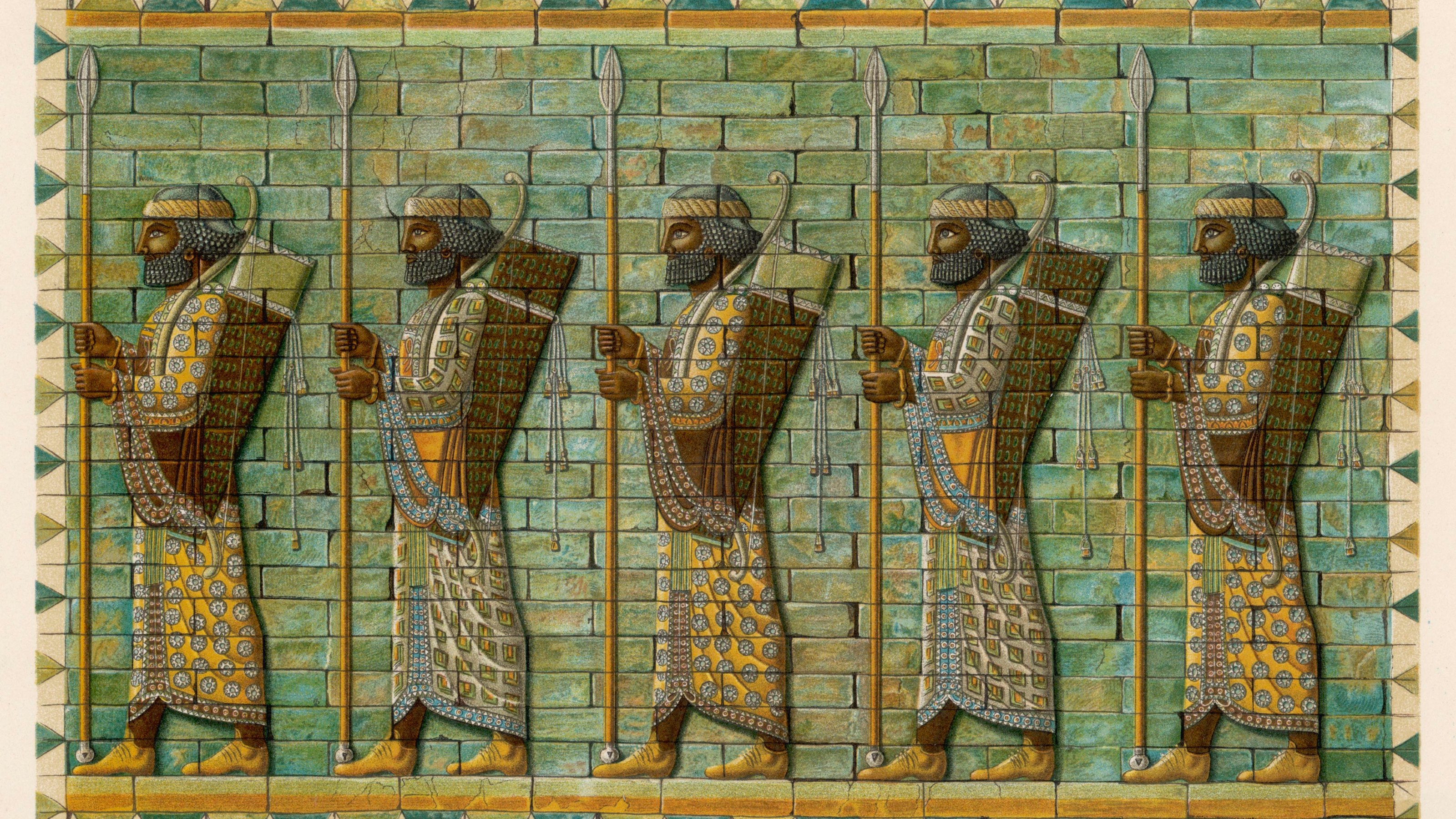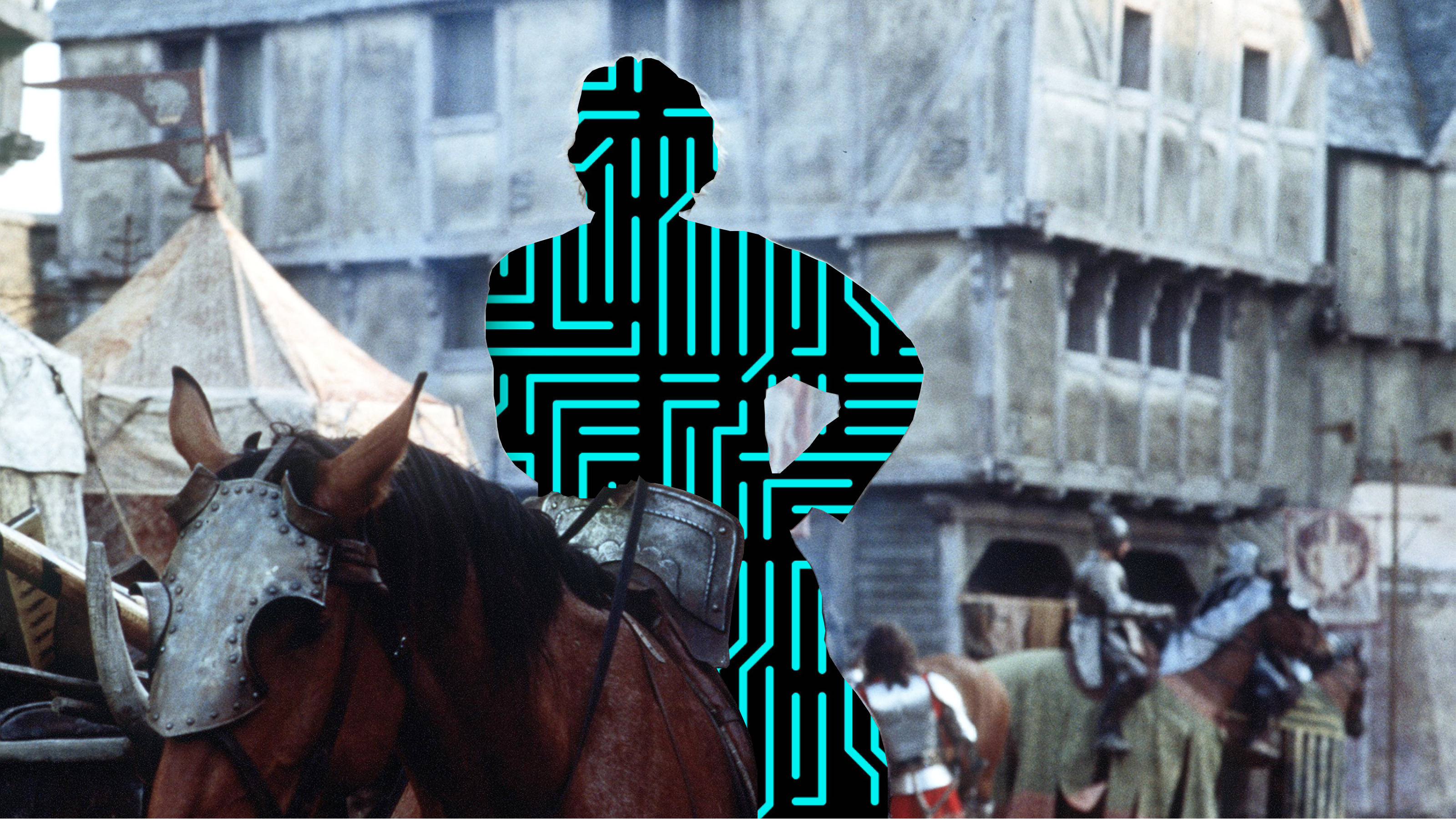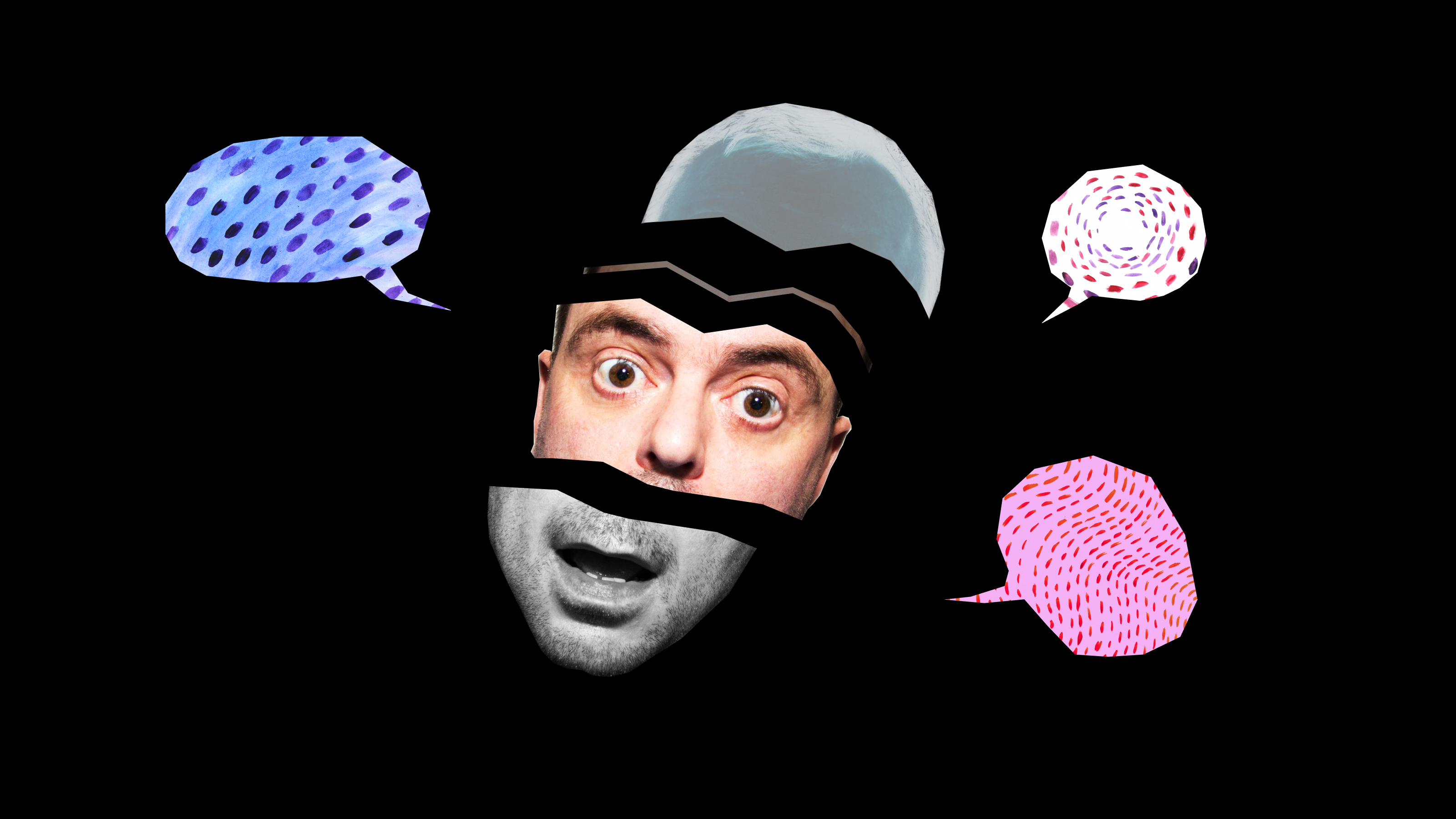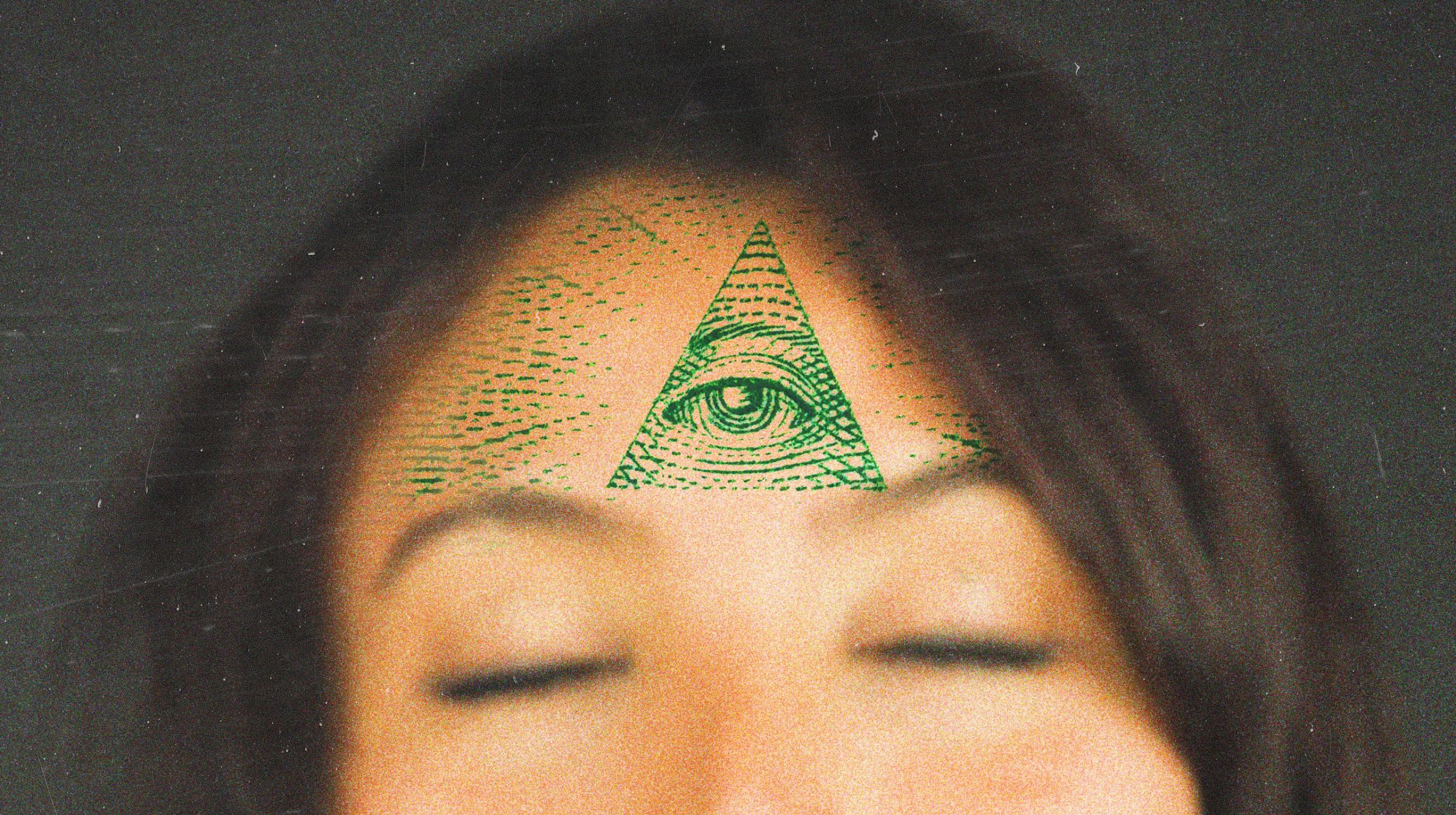Jonny Thomson
Jonny Thomson taught philosophy in Oxford for more than a decade before turning to writing full-time. He’s a columnist at Big Think and is the award-winning, bestselling author of three books that have been translated into 22 languages.
Jonny is also the founder of Mini Philosophy, a social network of over half a million curious, intelligent minds. He's known all over the world for making philosophy accessible, relatable, and fun.

Who — or what — really controls your mind?
Centuries ago, the typical British coffeehouse was more like a “school without a master” than a place to grab a quick boost of caffeine.
You’ll be able to sleep through a war.
The existential philosopher argued that an authentic and meaningful life is measured by choice.
Plato, Sun Tzu, and Buddha all lived in a “golden age” of philosophy that laid the foundation of modern thought.
A part of human nature needs to be challenged and feel strong. Today, we fulfill that need with “surrogate activities.”
It’s the paradoxical observation that the more we try to process, the less we actually can.
In a time when we dislike and distrust our politicians, why can’t we get more popular leaders like Kim Jong Un and Bashar al-Assad?
The Shirky Principle states that “institutions will try to preserve the problem to which they are the solution.”
“In order to seek truth,” Rene Descartes once wrote, “it is necessary once in the course of our life to doubt, as far as possible, all things.”
We know that everything changes, but we long for something more permanent.
Nobody knows where the word “penguin” comes from.
What do Remus Lupin, Katniss Evergreen, William Wordsworth, and Usain Bolt all have in common?
“Whatever the mind can conceive and believe, it can achieve.”
Robots must identify themselves.
The multi-leveled constructions of metaphysics are the collective workings of a fantastical virtuality. Did you get that?
Just like with AI, people worried about job security and the spread of disinformation. Machines were destroyed and book merchants were chased out of town.
Climate and ecological changes, as well as disruptions to the food chain, were already killing off the dinosaurs.
The story of China is the story of global economics.
Always look on the bright side of death.
“Not my circus, not my monkeys.”
Being a jerk gets you rich, promoted, and laid (if you’re a man). But there is a downside.
From landscaped gardens to road systems, the Persians were among the first to create many things we still enjoy today.
How can you fit a camel through a needle?
Financial illiteracy can become a significant problem. But it’s a problem with a clear solution.
Virtually anyone can now create convincing deepfakes. That doesn’t mean you should.
Are anti-workers the lazy children of privilege or the brave vanguard of a utopic upheaval?
“Of course, the spleen is the biggest organ in the body.”
Mindfulness may be especially useful for gaining more control of your impulses to spend.




